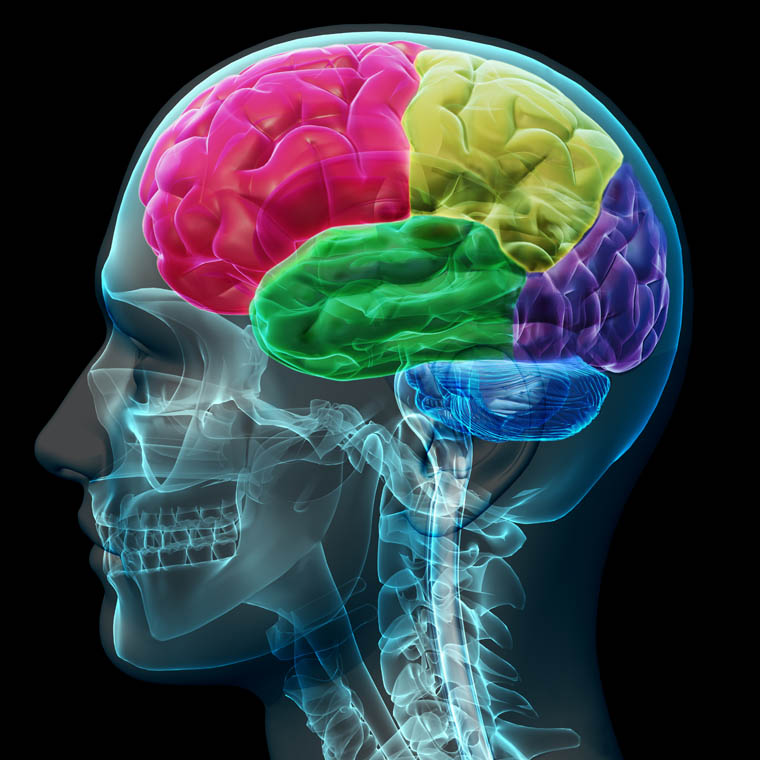44- Fourth – Sense of Thinking

This sense is to solve problems, analyze incidents, and evaluate the affairs of life. In short, human beings' livelihood is established upon this sense, and human beings cannot have an orderly and proper life without it. Inventions are a collaboration of thinking, inspiration, and imagination.
Like other senses, this sense also has a moderation state; its deficiency disrupts life affairs, while too much thinking causes insanity, falling behind in life, and loss of determination.
Intellect, intuitive thinking, and perception are forms of the sense of thinking that manifest swiftly. If previously they considered a difference between thinking and intuitive thinking, it is the difference in speed. Nevertheless, if we disregard the swiftness, intuitive thinking is the same as thinking. Memory facilitates intuitive thinking greatly, as we perceive different colors and other features with the memory's help.
Judgment is also a part of this sense. The reason people think judging and thinking are different is because one first thinks about a subject, then analyzes it, and then renders a judgment. If that individual makes a judgment according to his thought process and renders a verdict, they will call him a man of conscience. However, if that individual judges against the verdict of his thoughts, they will call him a man without a conscience. That is why people think judgment is related to conscience.
Hence, it is clear that while judgment originates from the sense of thinking, giving a verdict is from the sense of conscience.
Having pride and arrogance is either the failure to use the sense of thinking, or this sense is defective and damaged.
The internal tool (organ) for thinking is behind the forehead. Its indicator is that people cringe their eyebrows and forehead while thinking or frown during anger or self-defense to seek assistance from thoughts. The other indicator is that one puts their hands over their forehead when they are in deep thinking.
Knowledge has three branches: learned knowledge, intuitive knowledge, and inspirational knowledge. The learned knowledge is related to memory, while inspirational knowledge pertains to inspiration. The intuitive knowledge is related to the sense of thinking with the help of the sense of clairvoyance. Inductive and deductive reasoning are branches of intuitive knowledge and are related to the sense of thinking with the assistance of the sense of clairvoyance. Deductive reasoning is a method to determine the detail and minute affairs from general affairs or similar things. Inductive reasoning is to find out the general affairs from minute and detailed affairs.
The other types of knowledge will be described in their respective sense's category.
Diplomacy, planning, lying, and deception, which people use to consider the future outcome, are tools to seek solutions and are all among subsidiaries of this sense.
Prophet Jesus (Praise be upon him), by the will and order of God, had a powerful sense of magnetism that he used to heal patients. Prophet Moses (Praise be upon him) had such a strong sense of force and power that enabled him to govern people very well. However, in Prophet Mohammad (May God bless him and his family), most senses were powerful and extraordinary. This notion enabled him to manifest immense accomplishments and had an exceptional influence on the people around him.
During one of his speeches, Lord Kelvin denoted the possibility of a seventh sense, which was the sense of magnetism.
In our minds, there is an irresistible need for the existence of God. However, if this notion is invalid, then our minds, transcending tendencies in existence, and all our knowledge and sensuous experiences are nothing but illusions and without any value.
Grand Larousse Encyclopedia
The existence of religious sense in humans is proof of the existence of God.
Immanuel Kant
The principle of believing in gods or divinities emerges from the ever-growing consideration of the origins of life.
Taylor